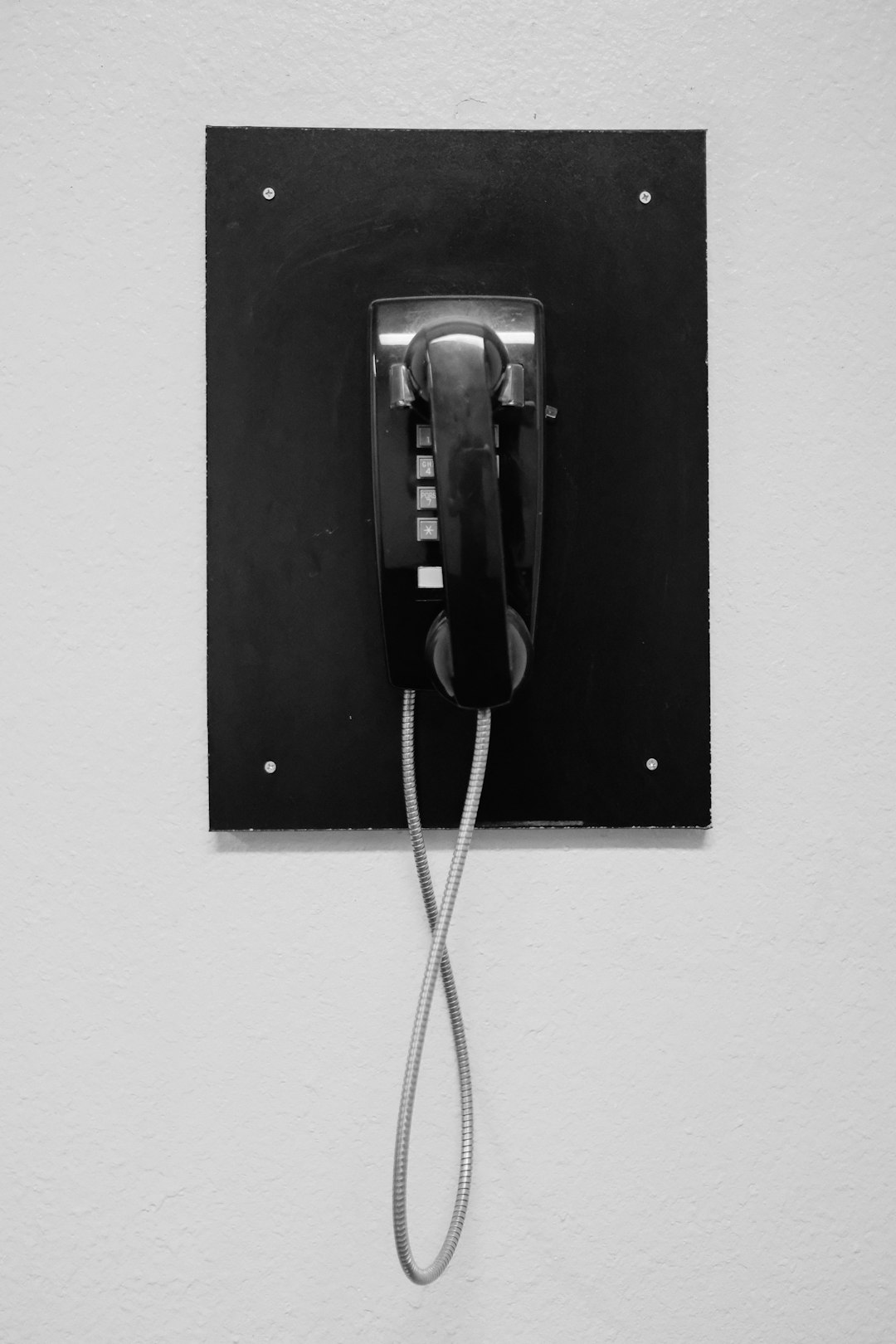New Jersey has enacted stringent spam call laws to combat the growing problem of robocalls, targeting telemarketers and call centers with aggressive practices. These measures empower residents to control their phone lines, protect their privacy, and take action against violators, including law firms. By registering for the Do Not Call registry, using blocking apps, and reporting suspicious calls, New Jerseyans can mitigate unwanted automated calls under the state's robust legal framework targeting spam call law firms.
New Jersey has taken a proactive stand against the rising tide of robocalls, implementing stringent spam call laws to protect its residents. As automated calls from telemarketers and scammers become increasingly prevalent, this article explores New Jersey’s comprehensive approach to mitigating the issue. We delve into the state’s legal framework, the impact on residents, and the measures taken against rogue robocallers. Additionally, we provide practical tips for individuals to safeguard themselves from unwanted calls, leveraging spam call law firms in New Jersey for assistance when necessary.
Understanding New Jersey's Spam Call Laws: A Comprehensive Overview

In New Jersey, the fight against spam calls has taken center stage, with stringent regulations in place to protect residents from unwanted telephone marketing. The state’s spam call laws are comprehensive and designed to give consumers control over their phone lines. These laws not only restrict certain types of automated or prerecorded calls but also empower individuals to take action against persistent violators.
New Jersey’s spam call law firms face strict penalties for non-compliance, ensuring a robust legal framework. The regulations specifically target telemarketers and call centers that employ aggressive or deceptive practices. By implementing these measures, the state aims to curb the deluge of robocalls while promoting ethical marketing strategies.
The Rise of Robocalls and Their Impact on Residents

In recent years, the influx of robocalls has significantly impacted New Jersey residents’ daily lives. These automated phone calls, often originating from law firms and spam call centers, have become a pervasive nuisance. With advancements in technology, scammers and telemarketers now employ sophisticated systems to reach a vast number of people simultaneously, making it challenging for individuals to distinguish legitimate communications from fraudulent ones. The constant barrage of robocalls has led to heightened anxiety and frustration among New Jerseyans, who find their peace disturbed by unwanted calls offering everything from legal services to questionable financial products.
The sheer volume of robocalls has not only disrupted residents’ tranquility but also raised significant concerns about privacy and data security. Many New Jersey citizens have reported receiving calls advertising legal aid or threatening legal action, which often prove to be scams designed to intimidate and mislead. In response to this growing issue, the state has implemented a strict spam call law, empowering residents to take action against these intrusive practices. By establishing clear regulations, New Jersey aims to protect its citizens from the negative effects of robocalls and ensure that communication remains respectful and mutually beneficial.
Legal Actions Taken by New Jersey Against Robocallers

In response to the surge in robocalls, New Jersey has taken significant legal steps to protect its residents from unwanted and spam calls. The state has implemented a robust Do Not Call registry, allowing individuals to register their phone numbers and limit telemarketing calls. This initiative is a powerful tool in combating excessive robocalls, ensuring that consumers have control over their privacy.
Moreover, New Jersey’s Attorney General’s Office actively prosecutes violators of the state’s Spam Call law, which prohibits automated or prerecorded calls without prior explicit consent. These legal actions not only deter spam call firms but also provide relief to residents plagued by incessant robocalls. The state’s commitment to enforcing these laws signals a strong stance against intrusive and nuisance calls.
How Individuals Can Protect Themselves from Unwanted Robocalls

In New Jersey, individuals can take several proactive steps to protect themselves from unwanted robocalls. One effective measure is to register for the National Do Not Call Registry, which restricts telemarketing calls to registered numbers. Homeowners should also consider investing in a reliable call blocking app or device designed to identify and filter out spam calls from law firms and other sources. Regularly reviewing and updating call-blocking settings can further enhance privacy and reduce the volume of intrusive calls.
Additionally, being cautious about sharing personal information over the phone is paramount. Individuals should never provide sensitive data unless they have initiated the call and are certain of the caller’s legitimacy. Reporting suspicious or harassing robocalls to local authorities or consumer protection agencies is another valuable step. New Jersey’s robust Spam Call laws empower residents to take action, ensuring that their rights are protected and unwanted calls are kept at bay.






